-webp.webp)
What Did Ancient Egyptians Think of Eclipses?
Eclipses have thrilled man for centuries, with ancient civilizations often looking upon such happen a certain awe and terror. To the ancient Egyptians, an eclipse was not a simple stellar occurrence but a potent sign that interwove into their mythology, religion, and understanding of the universe. But what did ancient Egyptians think of eclipses? How did they interpret these phenomena, and what did these events mean to them? Let’s dive into the world of ancient Egyptian thought and, through their eyes, attempt to unravel the mystery of eclipses.
What Is an Eclipse? A Brief Overview
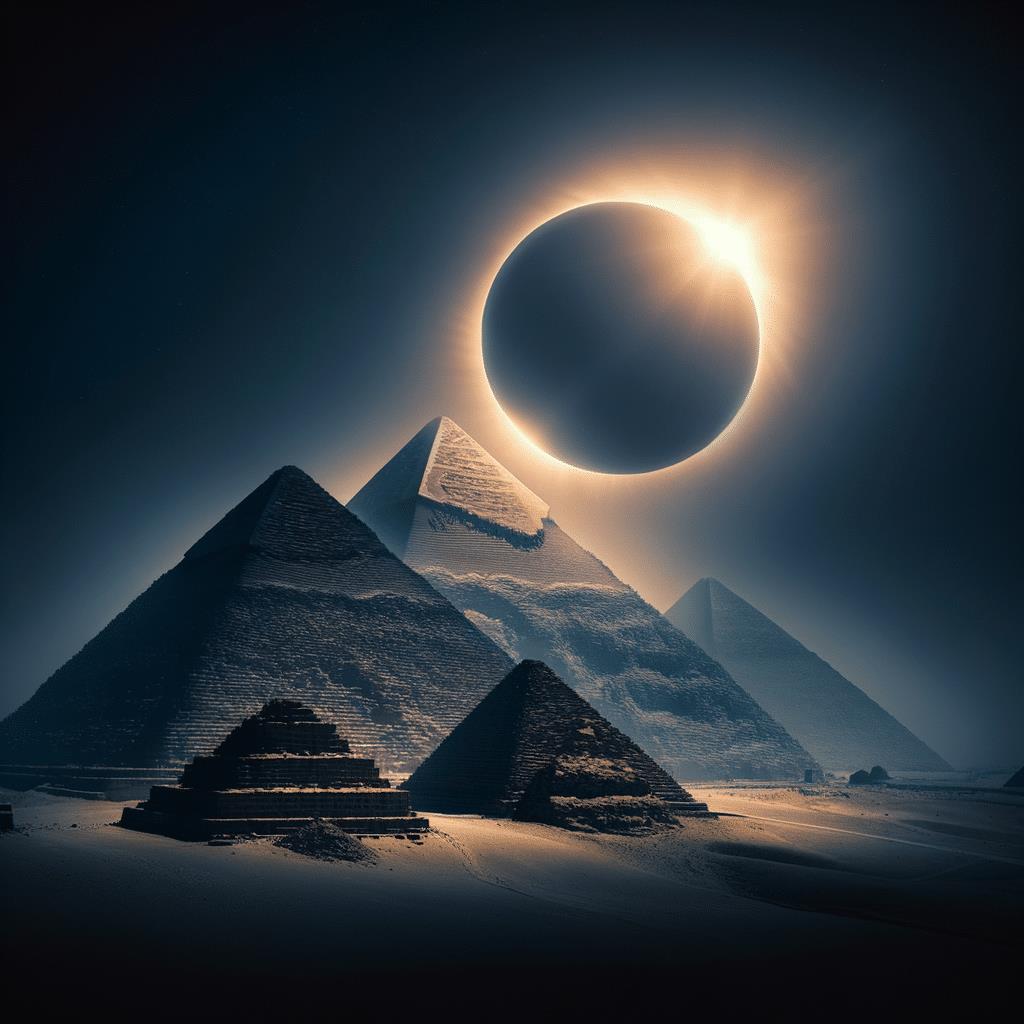
To understand the ancient Egyptian’s view, let us brief the concept of an eclipse. When explained, a shadow from one celestial body falls onto another because of the intersection of the former in the line of view of the other; this blocks light. Thus, there are two broad varieties, if not types, which amazed them: solar and lunar eclipses.
- Solar Eclipse: It occurs when the moon comes in between the Earth and the Sun and blocks the light of the Sun for a short period.
- Lunar Eclipse: A lunar eclipse is said to occur when the Earth comes in between the Sun and the Moon, casting the shadow of the Earth on the Moon.
These events no doubt impressed early humans as extraordinary or even frightening. In Egypt, with the Sun being accepted as a symbol of the divine order and balance, eclipses held more meaning. So, what did the ancient Egyptians think of an eclipse? They viewed them as cosmic battles, divine warning signals, and sacred occurrences that were to be interpreted.
Eclipses in Egyptian Mythology
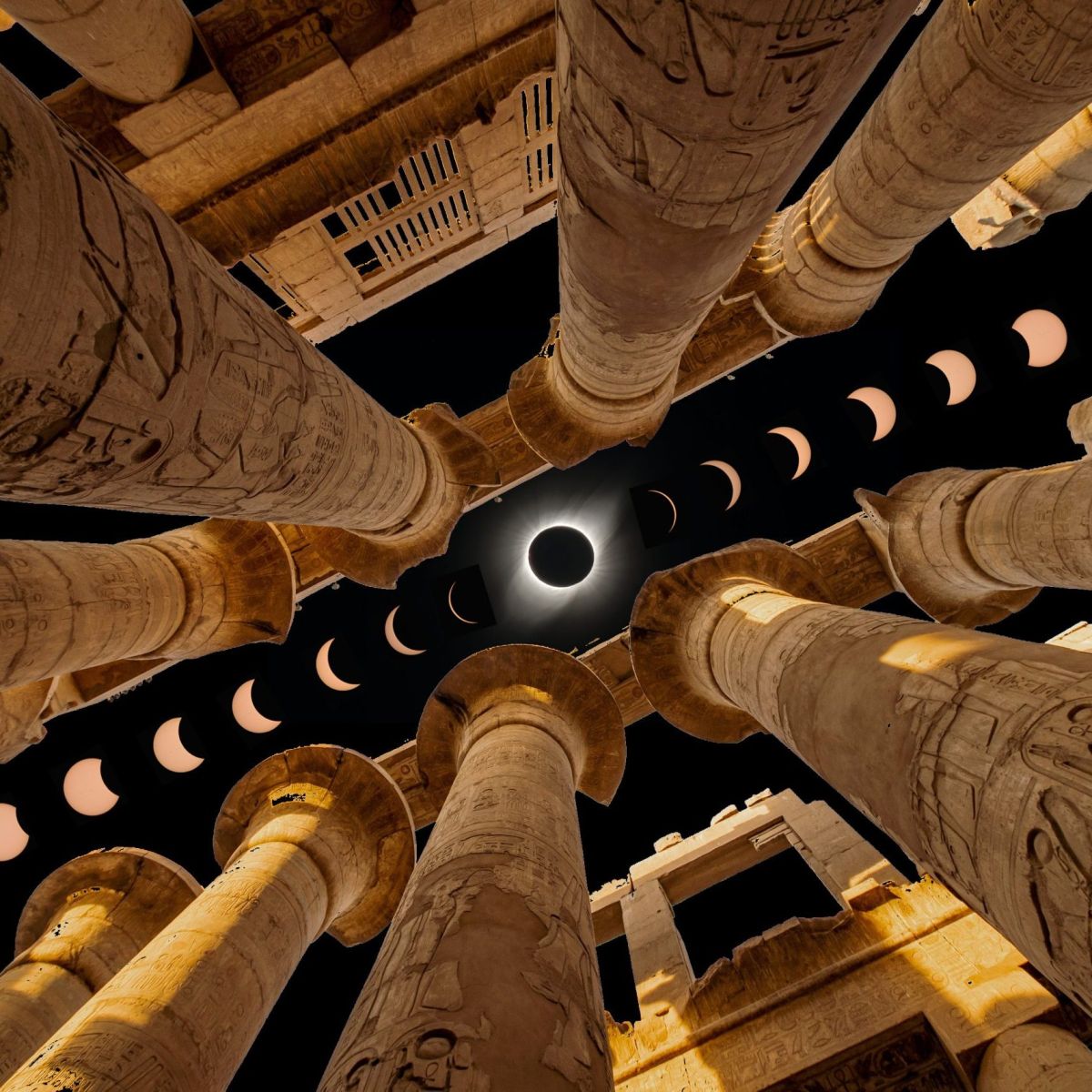
In Egyptian mythology, the Sun, Moon, and stars were not just objects of astronomy but living gods and powerful forces that ruled the lives of humans on Earth. Often, ancient Egyptians would view eclipses as omens, messages from the gods, or even cosmic turmoil.
Egyptians believed the Sun to be a specific object of reverence because it symbolized Ra, the god they believed, founded and ruled the universe. Therefore, people interpreted eclipses as signals of Ra’s temporary disappearance or as disruptions of the cosmic balance. During a solar eclipse, for example, when the sun was hidden, people interpreted Ra’s battle against evil forces, as the temporary darkness posing a threat to his kingdom.
So, again, what did ancient Egyptians think of eclipses? They thought of these events as portents that the gods were interacting with the world, sometimes in battles that could change the fate of the gods and humans.
The Importance of the Sun and the Moon in Egyptian Mythology
Ancient Egyptians considered the Sun and Moon very important in their religious practices, believing them to have specific divine roles. The Sun was associated with Ra, king of the gods, and personified the light and warmth that brought life to Earth. Egyptians connected the Moon to several deities, including Hathor, the mother goddess, and Khonsu, the god of the Moon and time.
But in Egyptian interpretations, the Sun and the Moon were signs of life and death, of order versus chaos. They saw the sun’s daily journey across the sky as the god Ra in his solar boat, plunging into the abyss each evening and rising again in the morning. This cyclical nature of the journey of the Sun helped the Egyptians explain the rhythms of life, death, and rebirth. The Moon, with its phases of waxing and waning, symbolized the passage of time, the cycles of life, and the balance between the feminine and masculine energies.
Eclipses interrupted the roles of these celestial bodies, a disruption believed to disturb the cosmic order. Hence, what did ancient Egyptians think of eclipses? They saw them as significant disruptions to the divine order.
Eclipses and the Egyptian Gods
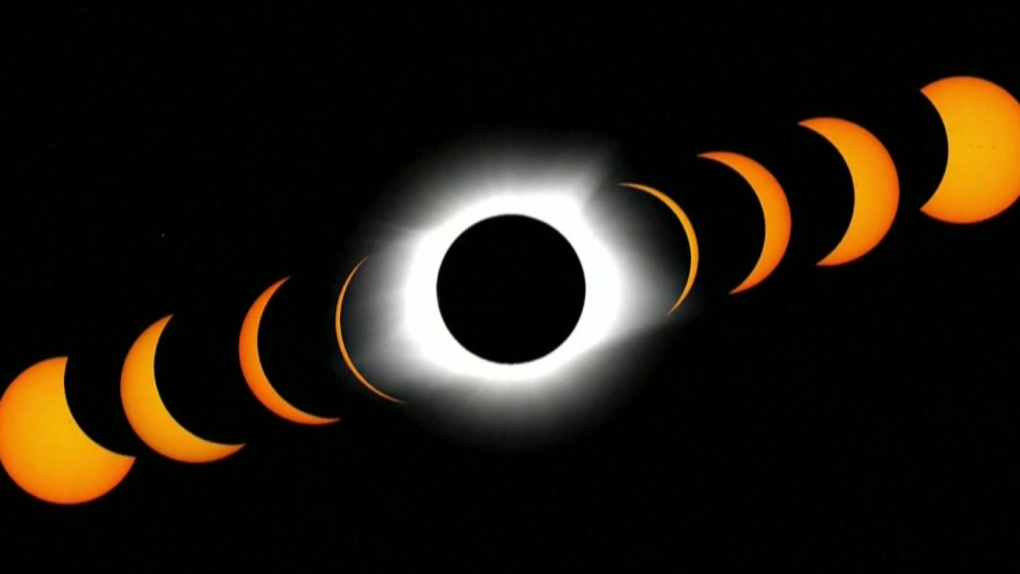
Many other ancient cultures regarded eclipses, often as divine battles or a struggle between the gods. The most relevant myth of an eclipse concerns a struggle between Ra and his arch-nemesis, the serpent Apep, also known as Apophis. Apep was the embodiment of chaos, darkness, and evil. Every night, Apep would try to devour the Sun god Ra in his travel through the underworld, bringing chaos and darkness upon the world.
Although the attacks of Apep against Ra were not associated with eclipses, many Egyptians viewed an eclipse as manifesting this continuous cosmic struggle. In that respect, the temporary disappearance of the Sun during a solar eclipse was a symbolic victory of Apep, a momentary reign of darkness. This was, however, always temporary, since the Sun would always rise again, reaffirming Ra’s power over darkness.
So, what did ancient Egyptians think of eclipses? They viewed these celestial events as an opportunity for divine forces to act and to restore a balance between light and darkness.
Ra and the Sun
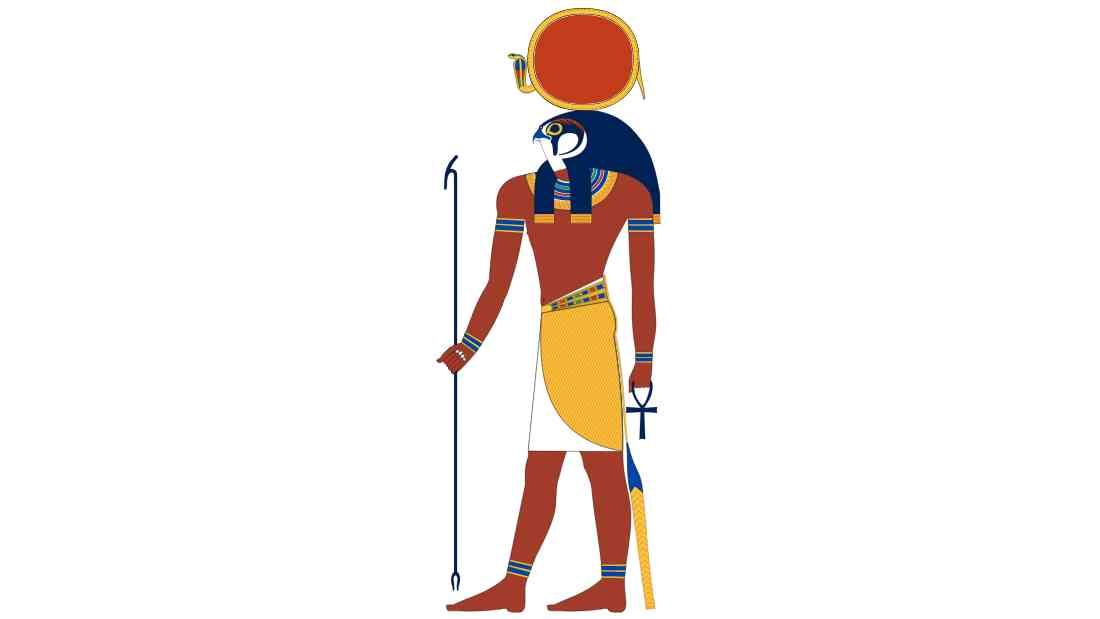
Ra was one of the most important gods in ancient Egypt, a god of the Sun. The major theme of Egyptian mythology was the daily journey of Ra. Daily. They said he sailed across the sky in his boat. At night, he moved into the underworld, and every morning, he would be reborn. Eclipses disrupted this cycle.
What did ancient Egyptians think of eclipses? They thought that a solar eclipse could be a sign of Ra’s temporary “death” while Apep swallowed him. However, this was not permanent. It was just a sign that Ra would be reborn after the eclipse, stronger than ever. These beliefs helped the Egyptians maintain their faith in the cyclical nature of life, death, and rebirth.
Lunar Eclipses and the Goddess Hathor
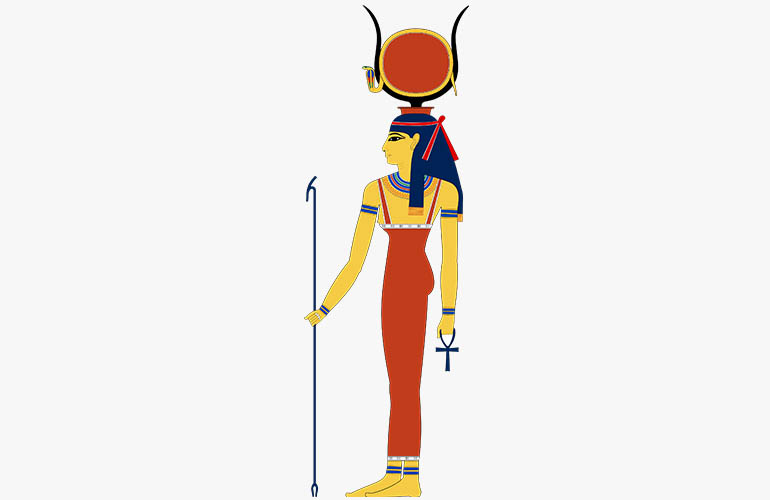
The case of a lunar eclipse is different in Egyptian mythology. Egyptian mythology links Hathor, the goddess more commonly associated with love, beauty, motherhood, and the Moon, to lunar eclipses. The lunar eclipse may represent an instance of Hathor mourning the loss of her lover Ra, or at other times transforming herself during the said events.
What did ancient Egyptians think of eclipses involving the Moon? Ancient Egyptians saw the lunar eclipse as a sign of a profound cosmic shift, challenging the balance between the Moon and the sun. The event symbolized a powerful cosmic transition and was often associated with divine mourning or transformation.
Say hi to the Ancient God Hathor!
Horus Eclipse Stories
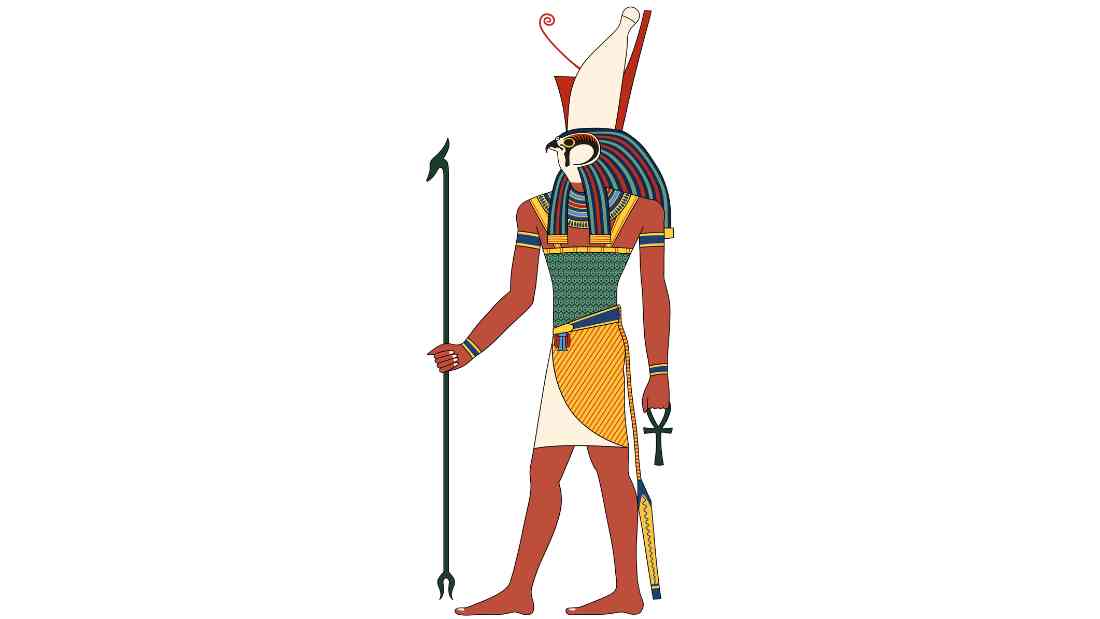
Other than this, there is another explanation that describes eclipses among the ancient Egyptians, drawing on the mythology of Horus, the falcon-headed god. The ancient Egyptians considered Horus a god of kingship, war, and protection. Some of those stories involve celestial phenomena like eclipses, interpreted as signs of Horus’s struggle against Seth.
In one version, Horus is in battle with Seth, and during the fight, the Sun disappears, signaling a moment of defeat. The sun’s return after an eclipse signifies Horus’s victory over chaos. This is because the sun always rises again. These stories taught the Egyptians a moral lesson about the triumph of good over evil and life and death in a cycle.
What did ancient Egyptians think of eclipses? Eclipses were metaphors for life’s challenges, even in the darkest moments when victory and balance would return.
Difference Between Eye of Ra and Eye of Horus
The Eclipses and Their Effect on Pharaohs

People believed the pharaohs were divine rulers chosen by the gods, and eclipses held significant meaning for them. The ancient Egyptians saw the pharaoh as the living embodiment of Horus, and thus, celestial events like eclipses were affecting the ruler’s fate.
Most likely, a solar eclipse was a sign for or against the reign of a pharaoh. An eclipse during a pharaoh’s reign might signify future turmoil, challenges, or even death. The disappearance and subsequent reappearance of the Sun during the eclipse could be perceived as evidence of the pharaoh’s robustness and protection from the gods.
What do ancient Egyptians think about eclipses regarding their rulers? They believed that such celestial events could show the favor and disfavor of the gods and affect the power and length of a pharaoh’s reign.
How Ancient Egyptians Recorded Eclipses
The Egyptians were a people of records, and their priests and astronomers observed the heavens. The Egyptians recorded eclipses in various ways, including on temple walls and in the Pyramid Texts and Coffin Texts.
They also kept detailed astronomical calendars, which included predictions about celestial events such as eclipses. These records helped them to predict when such eclipses would occur and thus prepare for the probable spiritual and political consequences of these phenomena.
What did ancient Egyptians think of eclipses in record-keeping? They viewed such events with an understanding of how they could affect spiritual and earthly matters.
What Day is the Total Eclipse of the Nile in 2027?
The Oldest Recorded Solar Eclipse Helps Date the Egyptian Pharaohs
A key eclipse in the annals of ancient Egypt occurred in 2134 BCE, recorded during the reign of Pharaoh Thutmose III. Modern scholars utilized as an aid this when they attempted to date ancient Egyptian history and the reign of various pharaohs. The recorded event was one such crucial instant that had marked precision and the amount of sophistication the Egyptians held about their astronomical knowledge.
Ancient scribes recorded this solar eclipse and helped to align Egypt’s historical timeline with modern astronomical data. So, what did ancient Egyptians think of eclipses? They considered the eclipse an important marker in their understanding of time and history.
Conclusion
The ancient Egyptians viewed eclipses not as astronomical phenomena, but as cosmic signs and divine interactions that shaped their understanding of the world. Whether they saw eclipses as cosmic battles, divine warnings, or omens affecting their pharaohs, these celestial events held deep significance in their mythology and belief systems.
What did ancient Egyptians think of eclipses? Eclipse for them was an act of power and mystery that bonded heaven to Earth, and therefore directed the interpretation the people had on life, death, and rebirth. Few of the classical observations made of the universe were ahead of their times, and such is their interpretation of eclipses as they continue to enthuse our minds today.
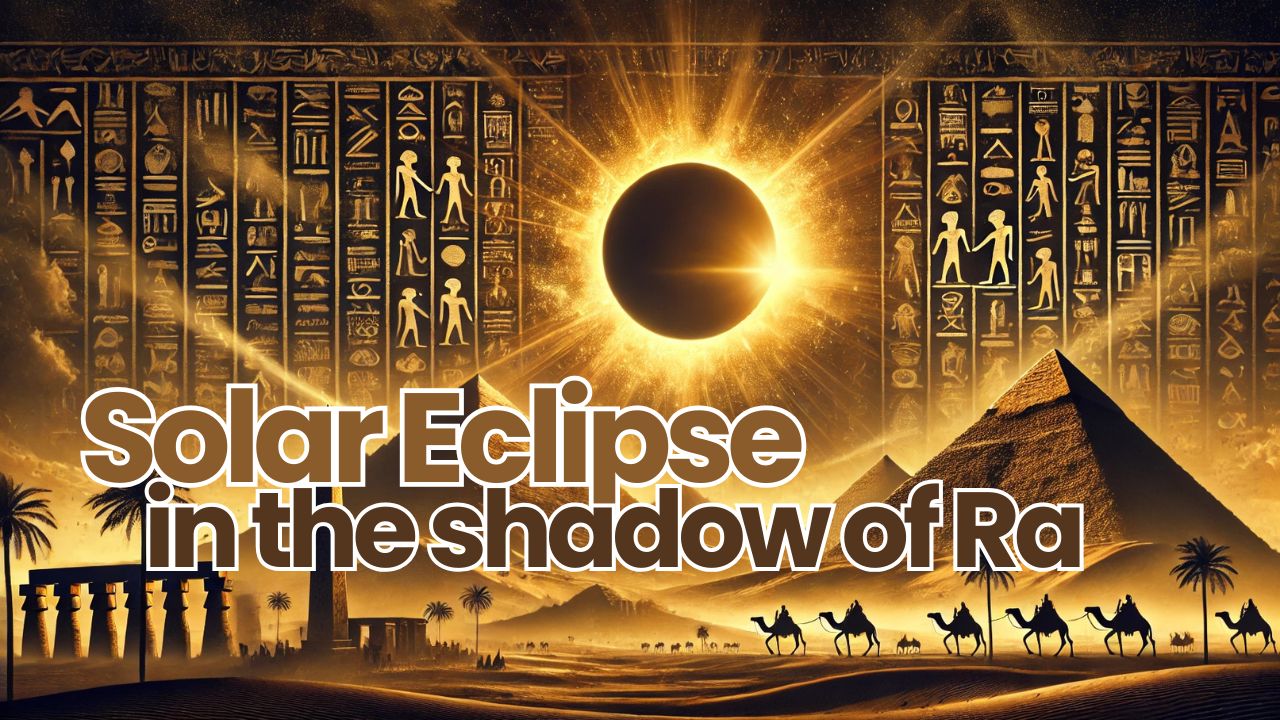
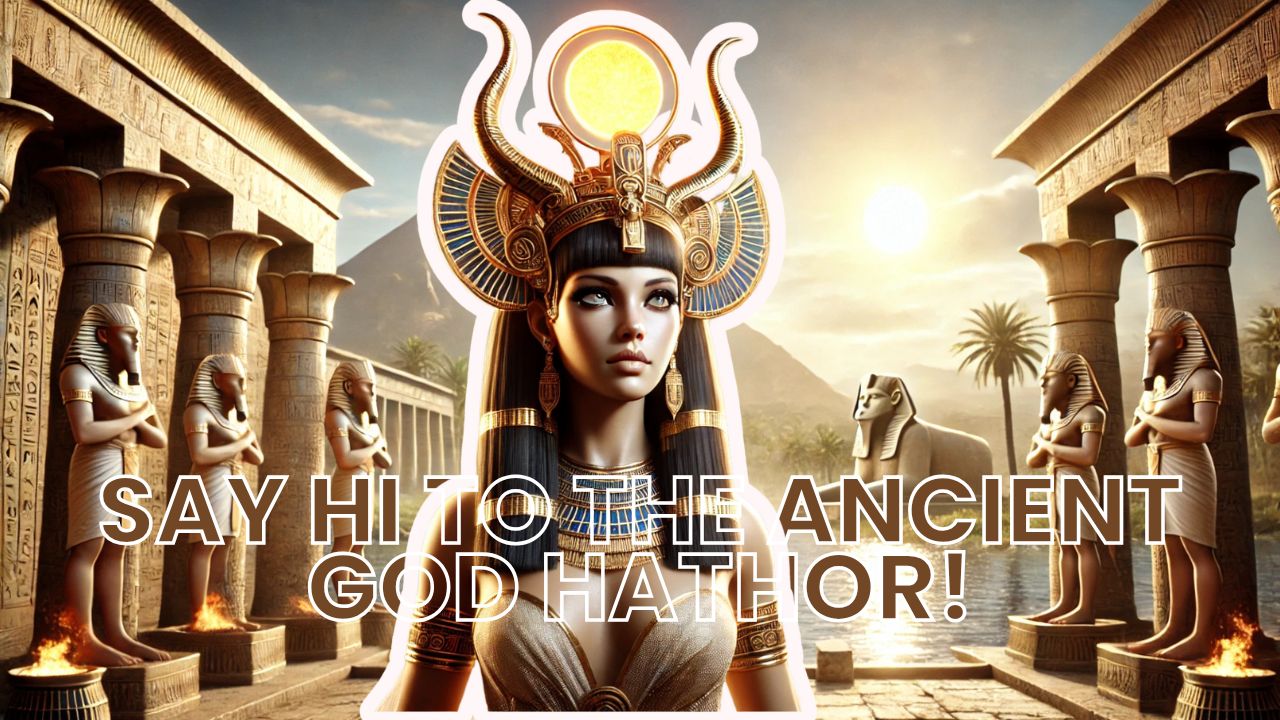
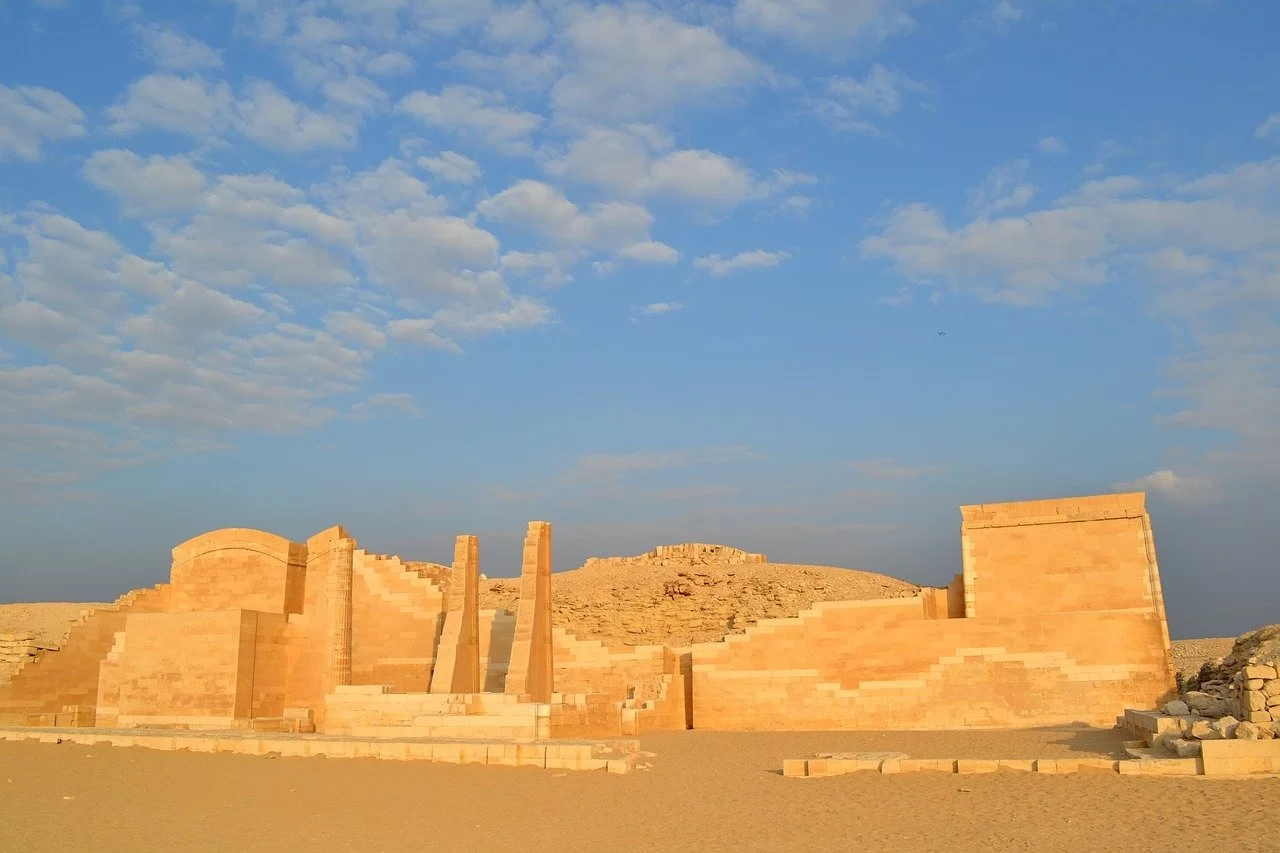




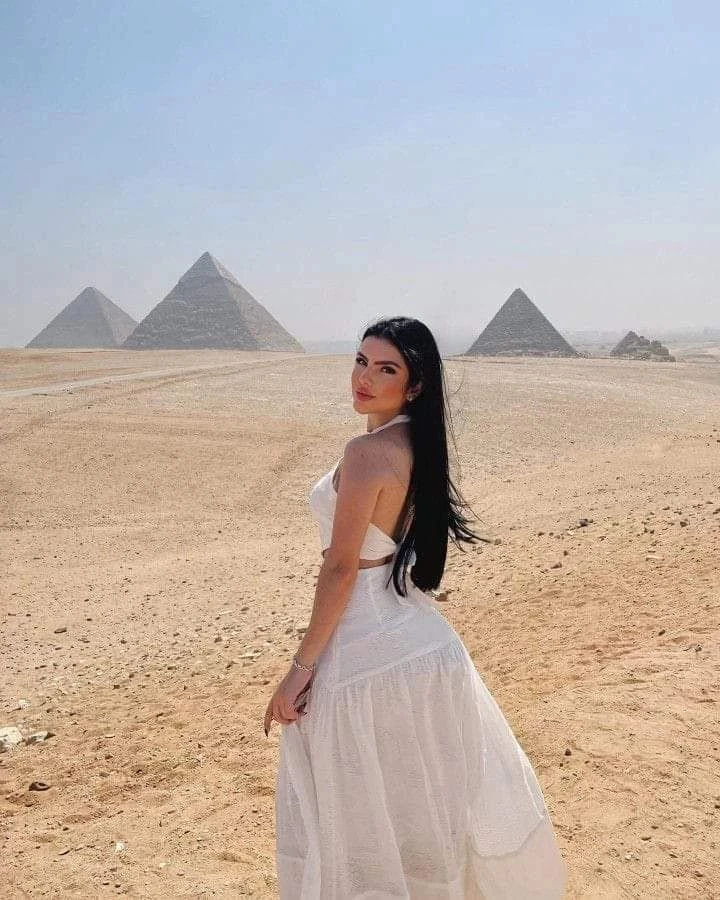

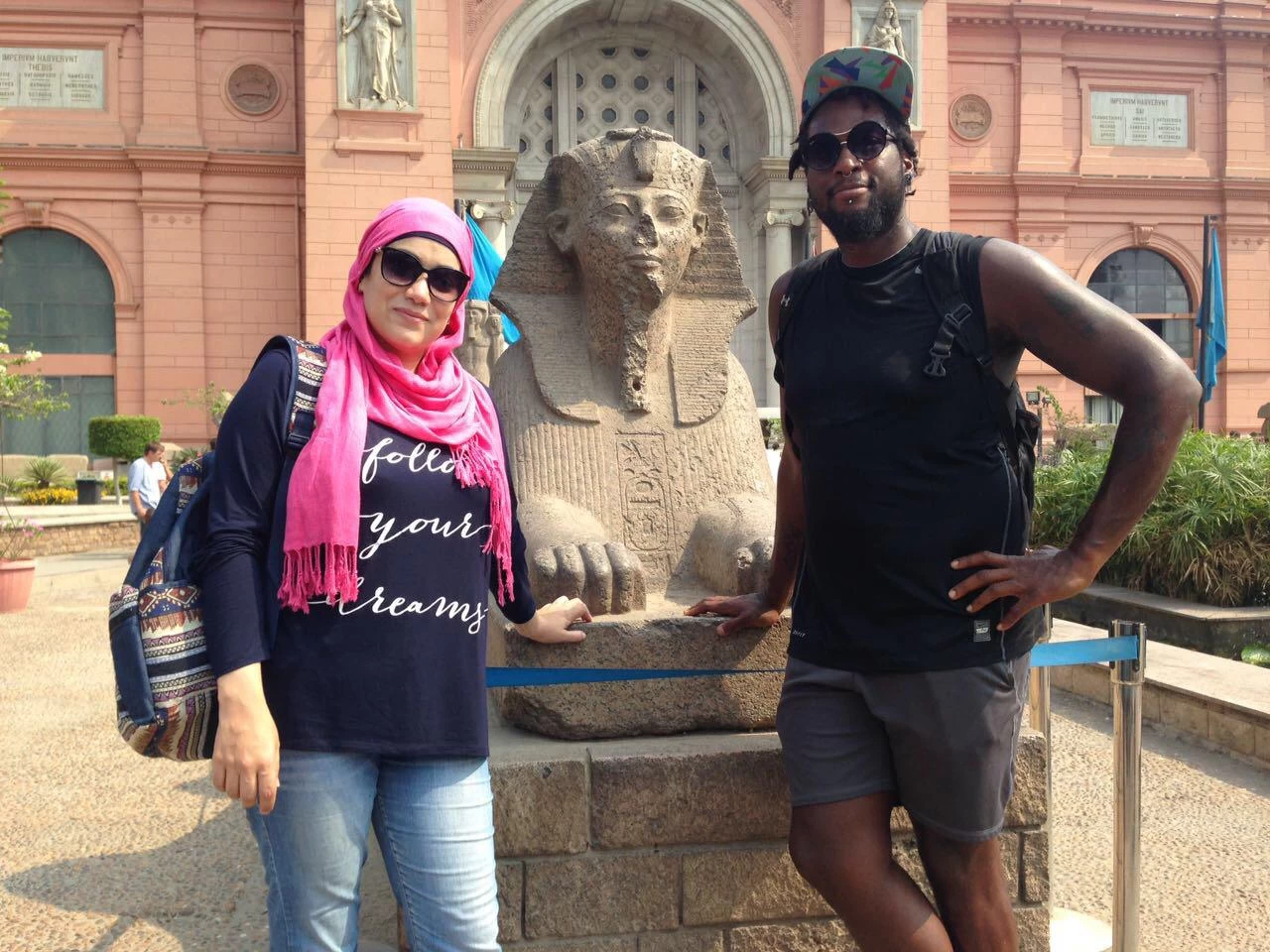

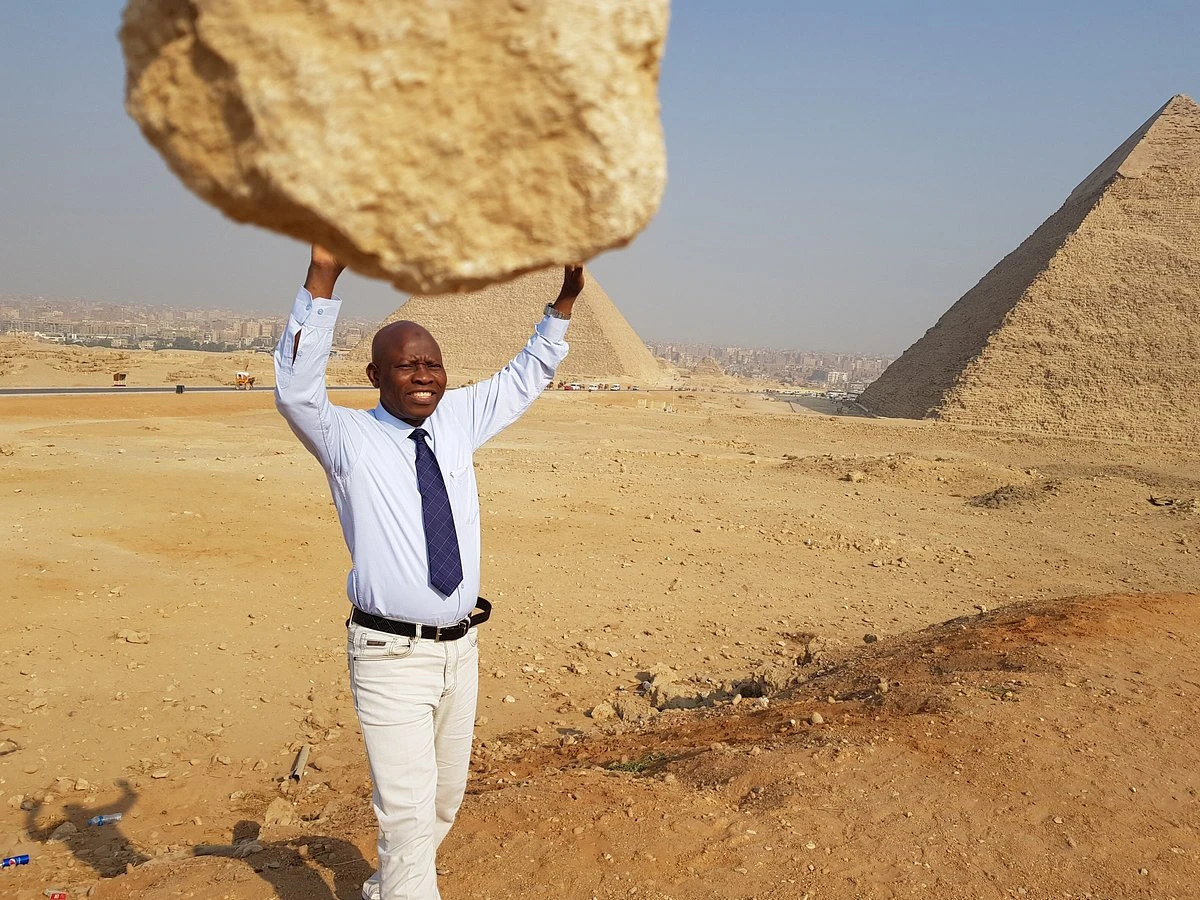
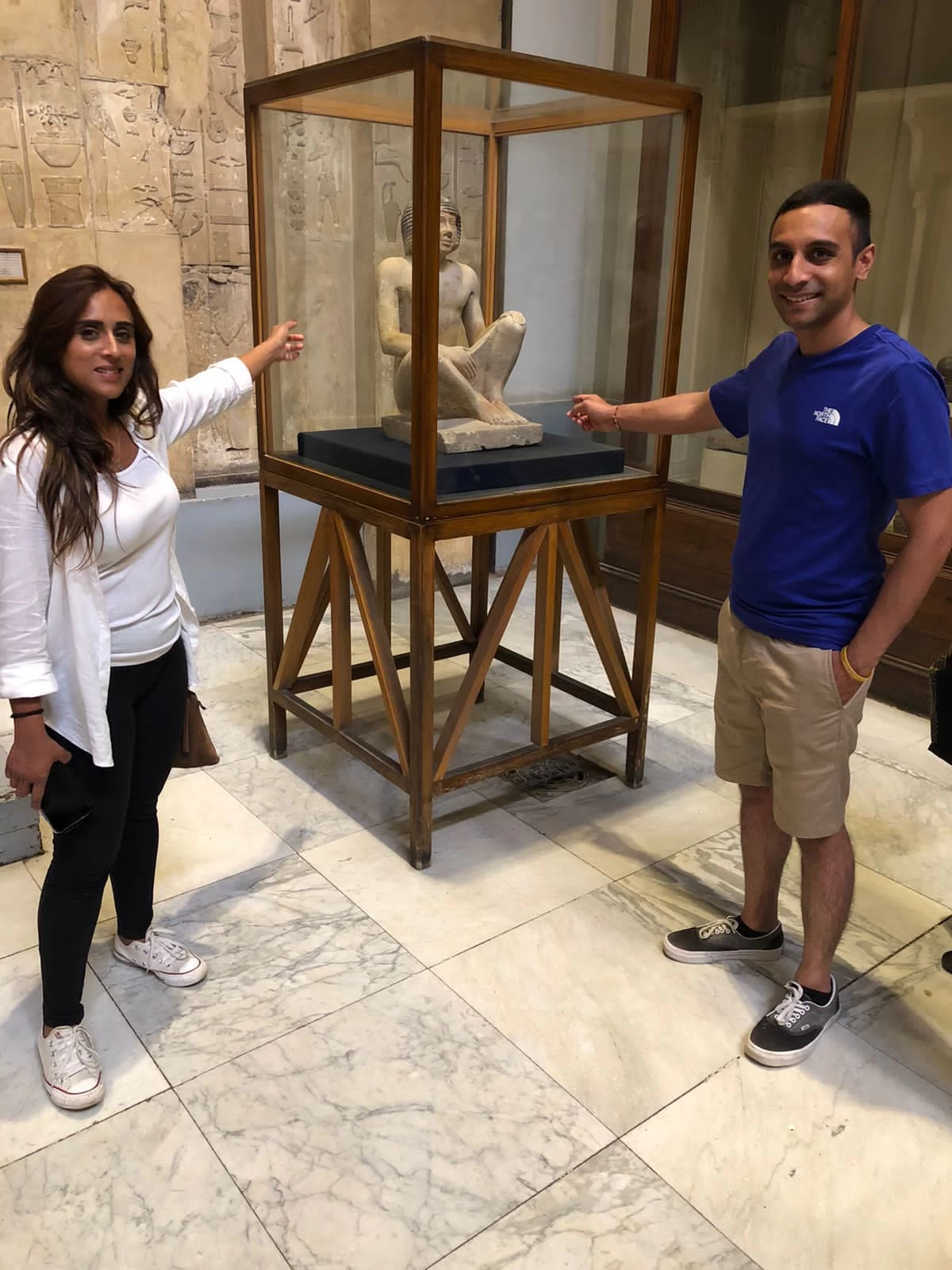

-webp.webp)

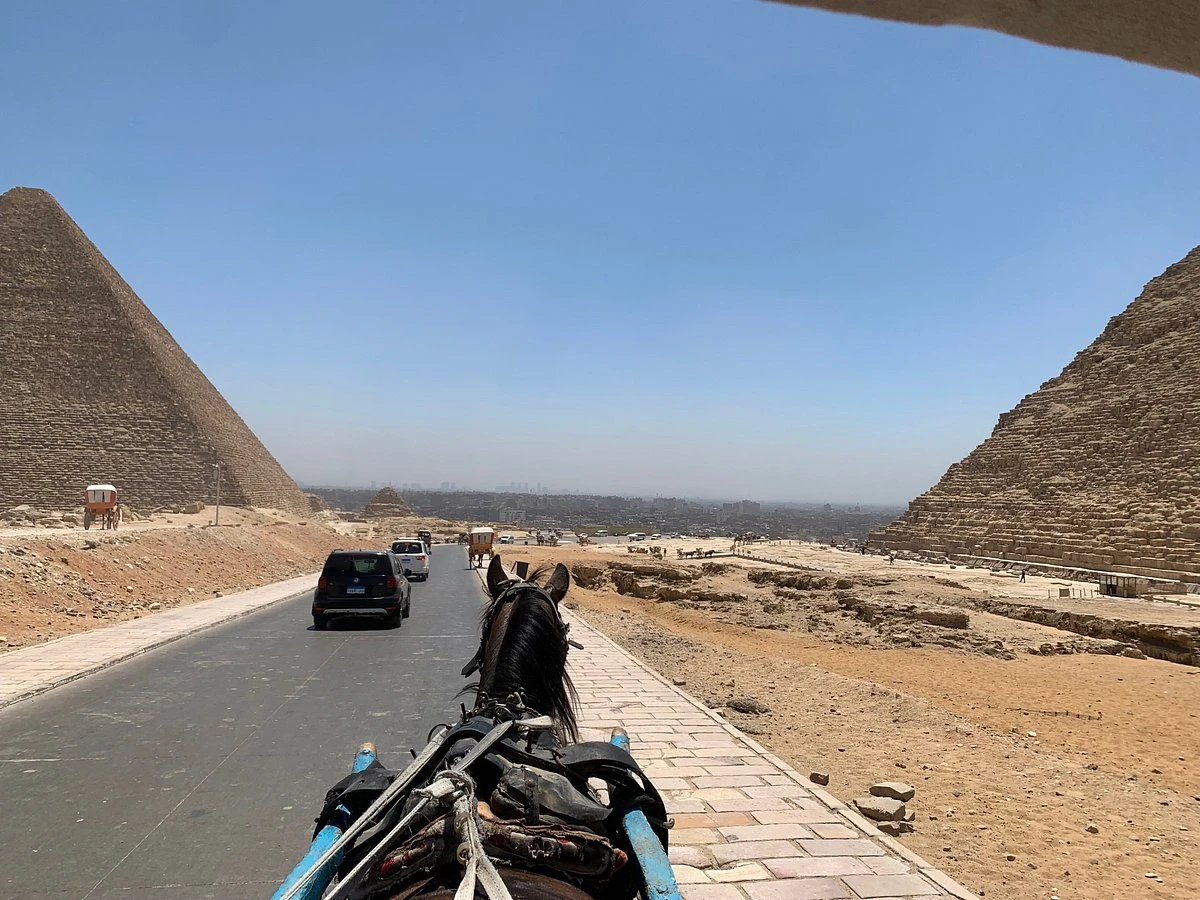
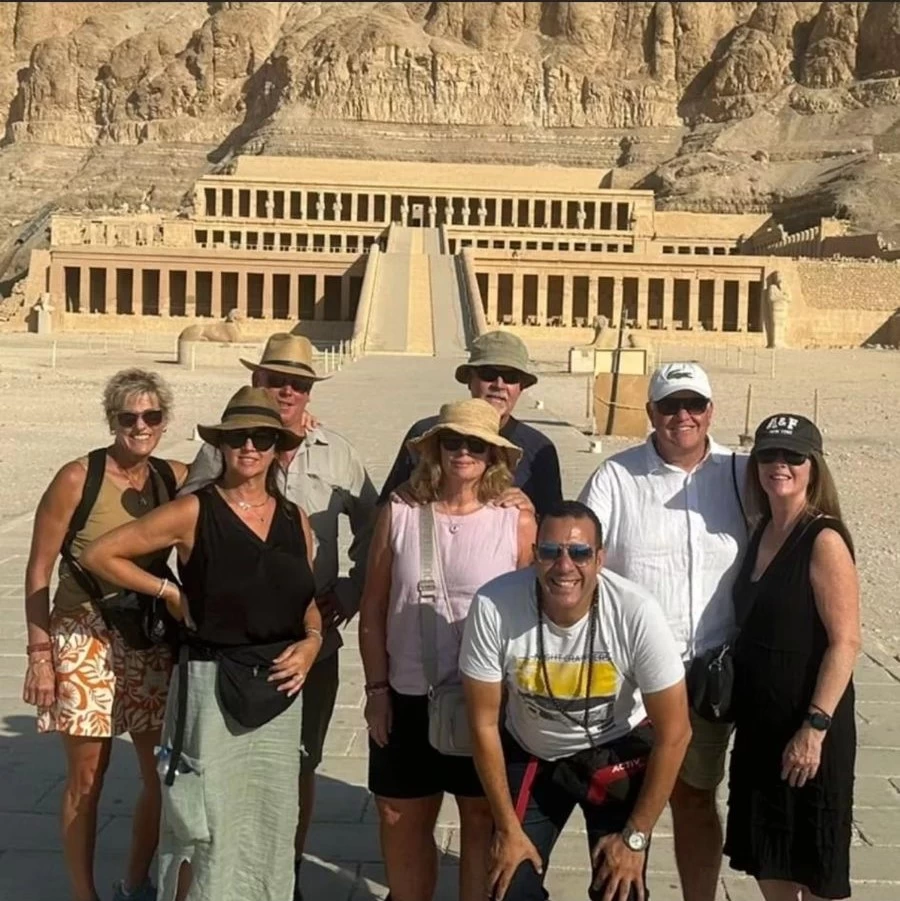
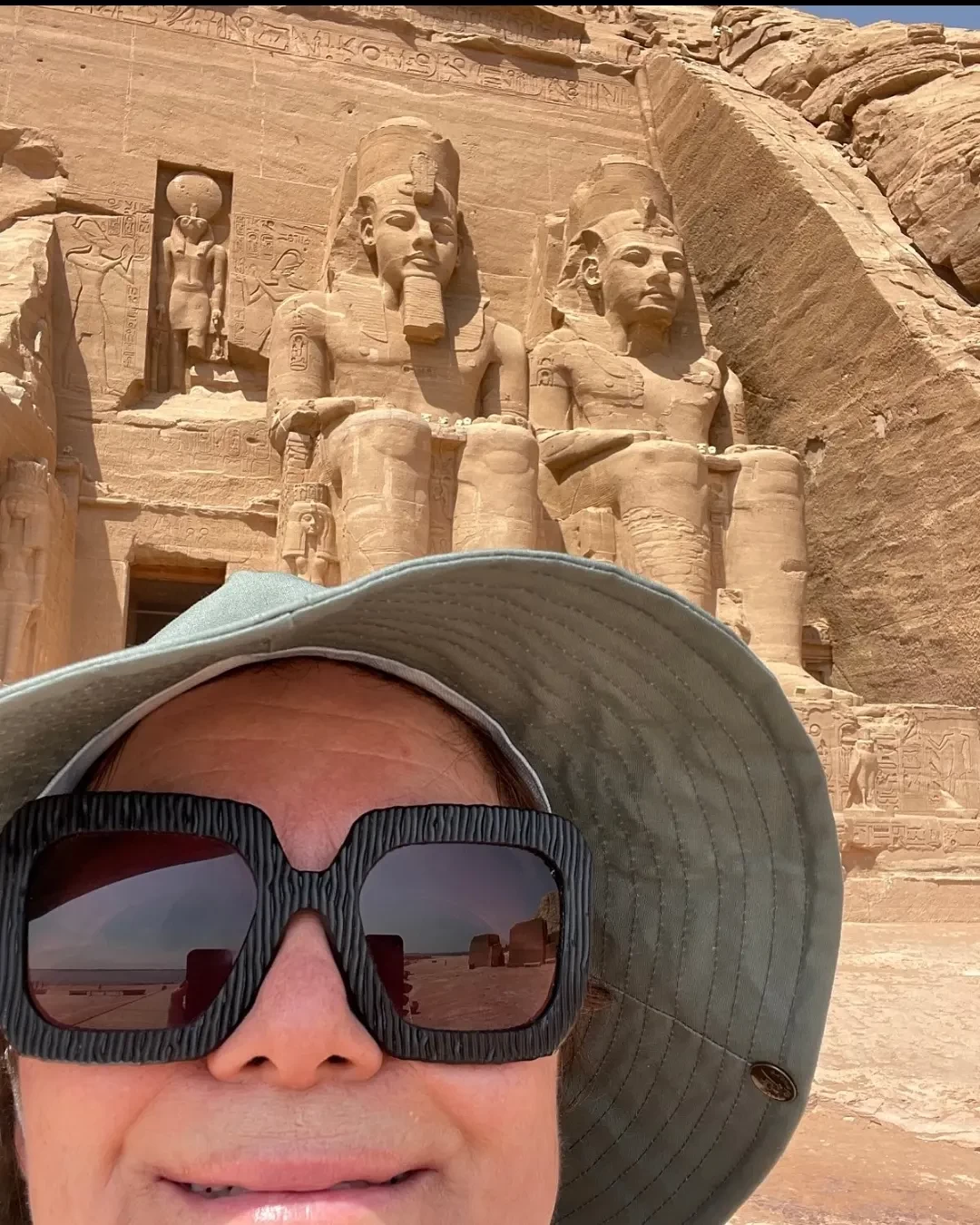
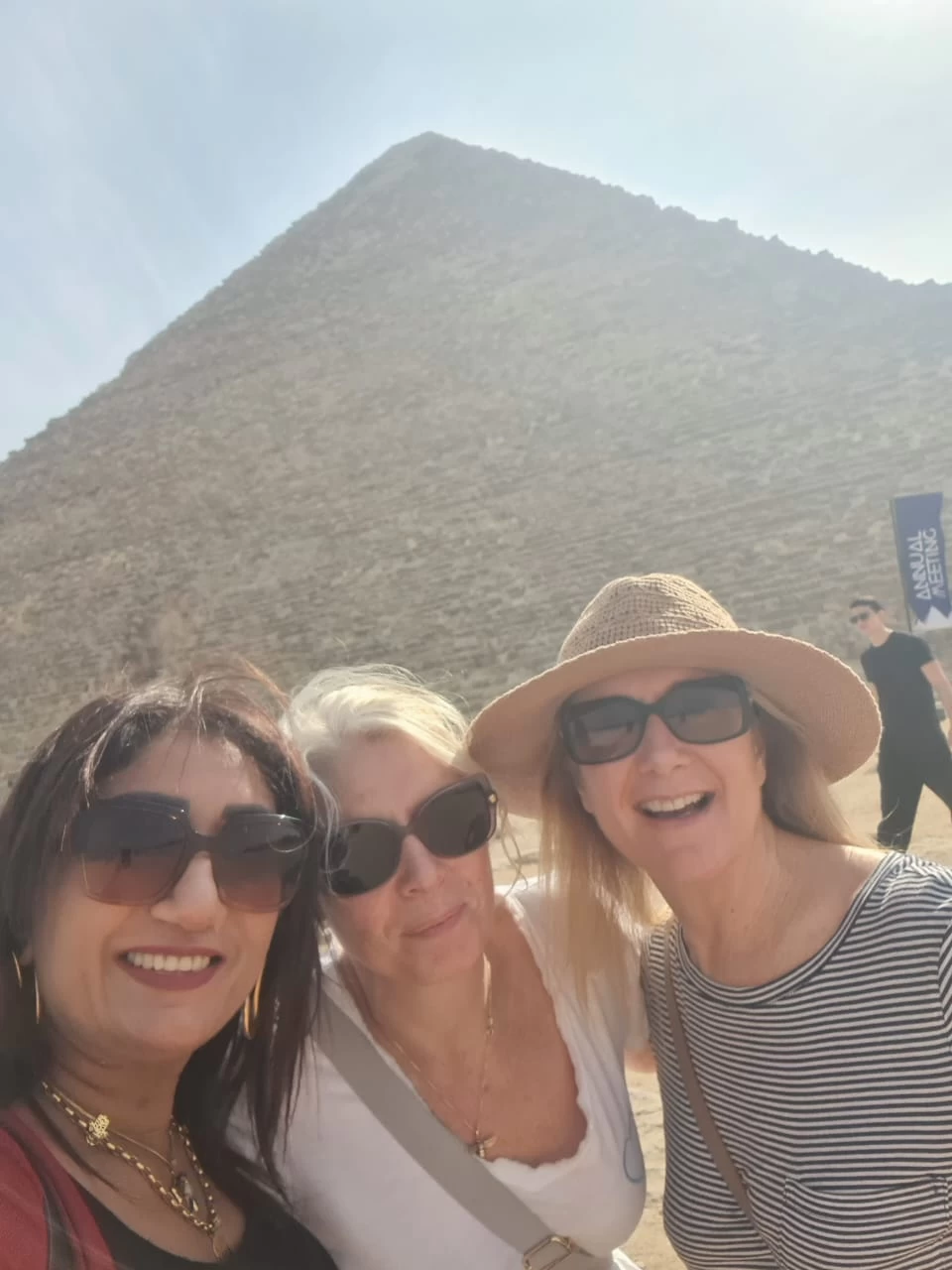
-webp.webp)

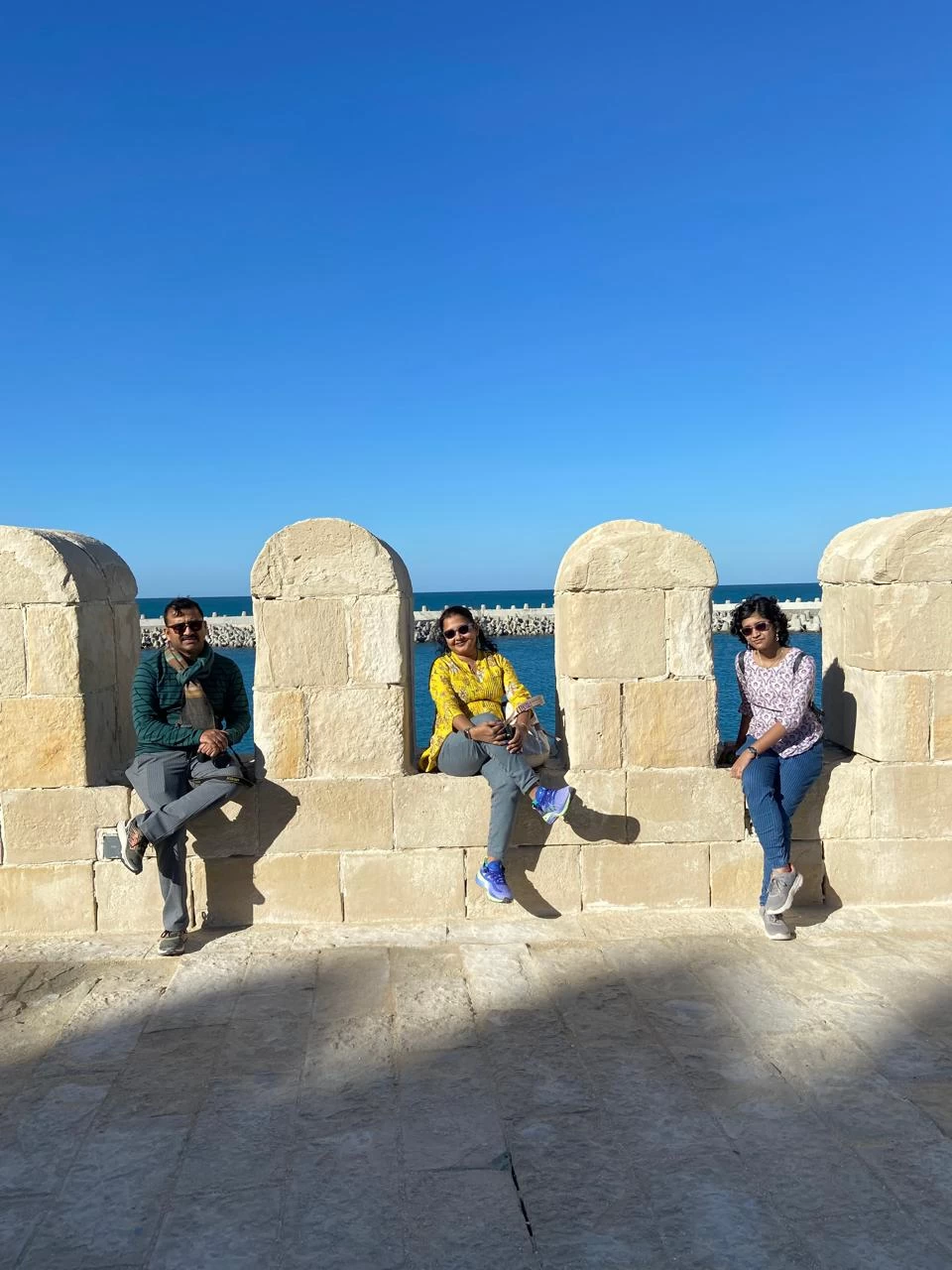
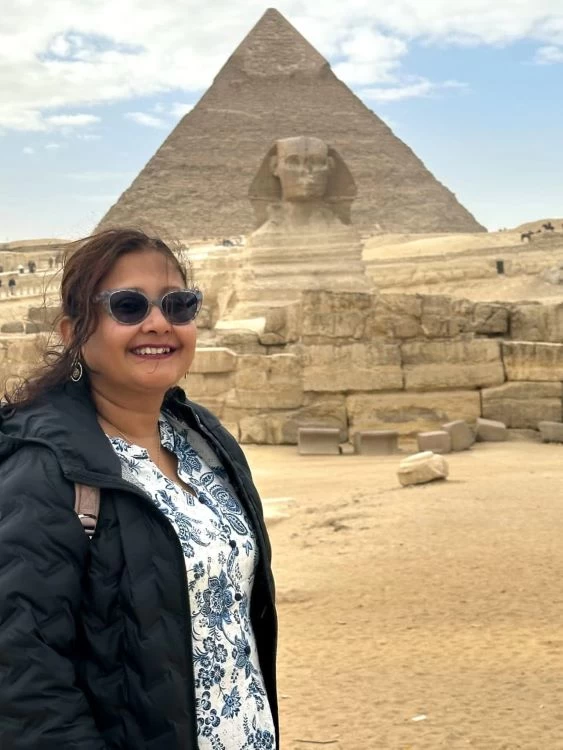
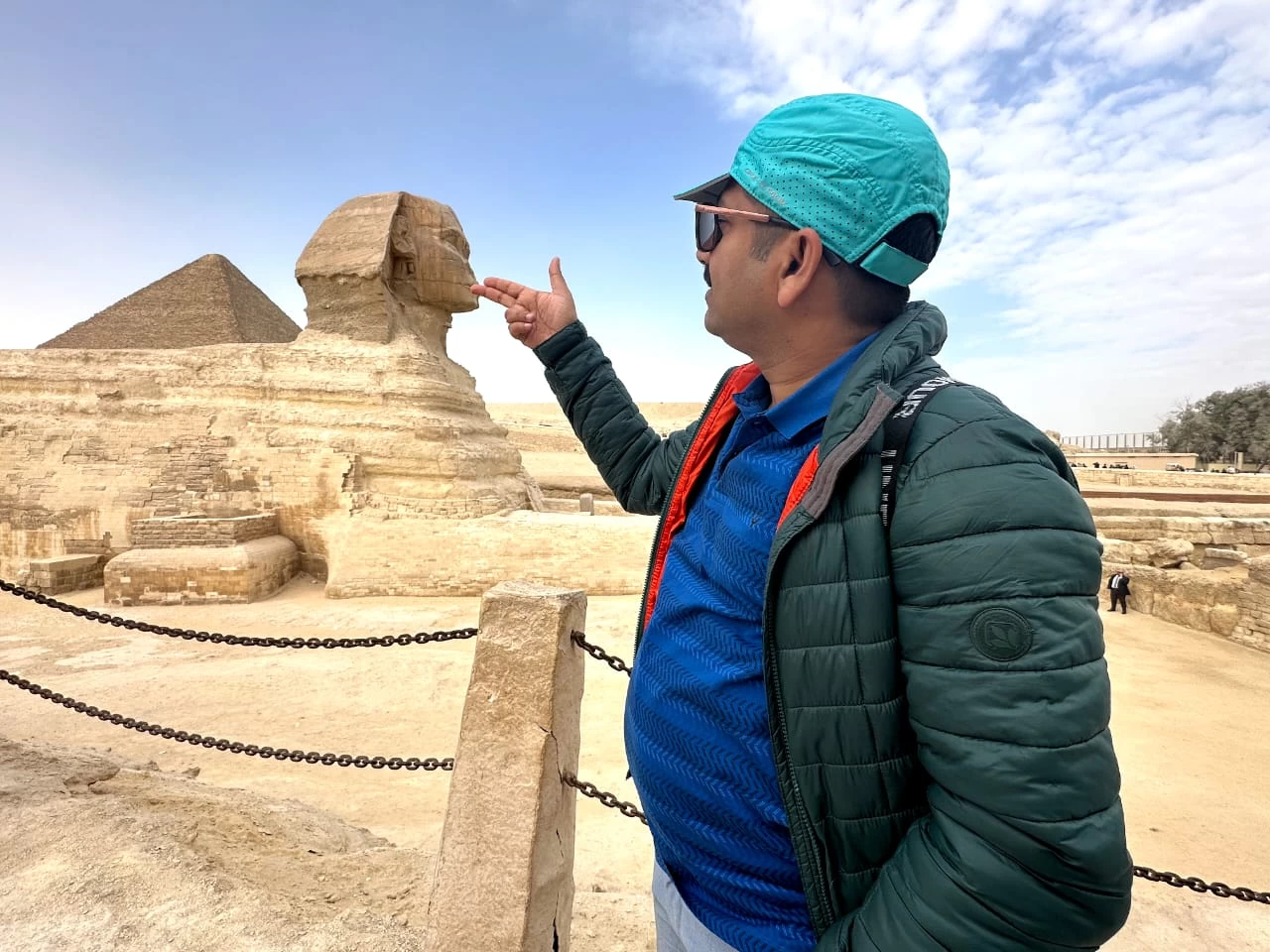
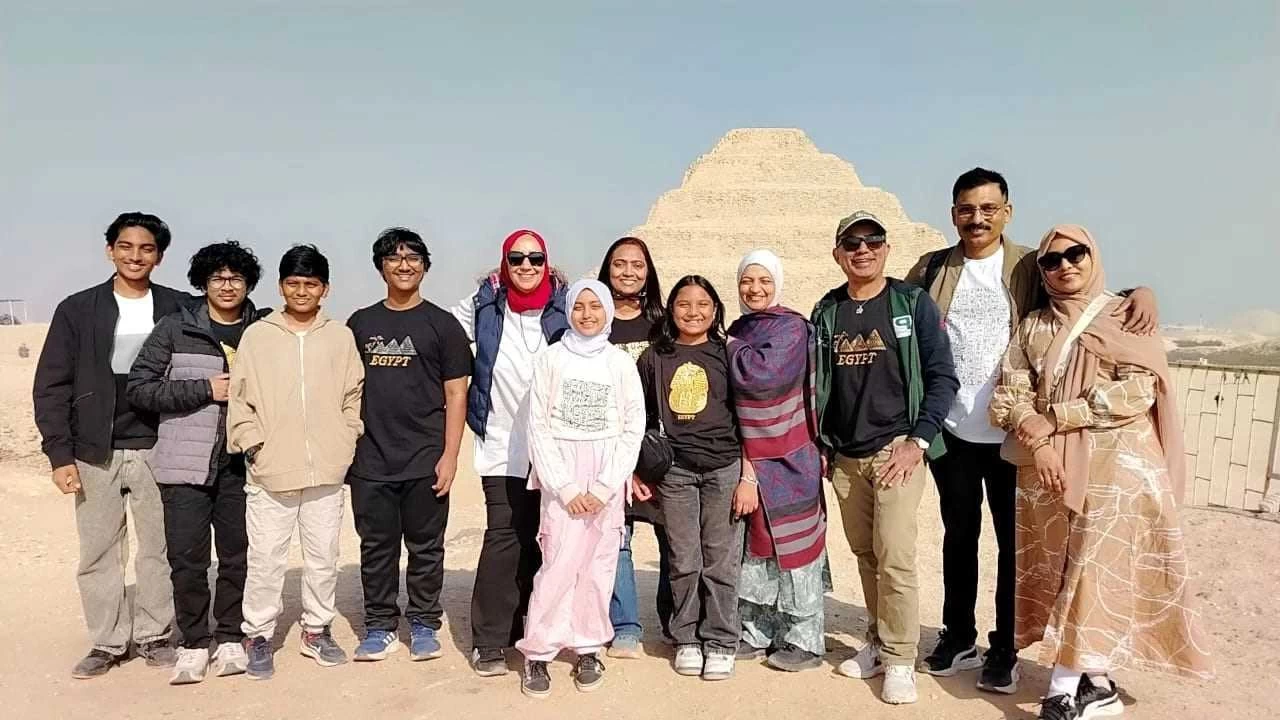
-webp.webp)
-webp.webp)
-webp.webp)
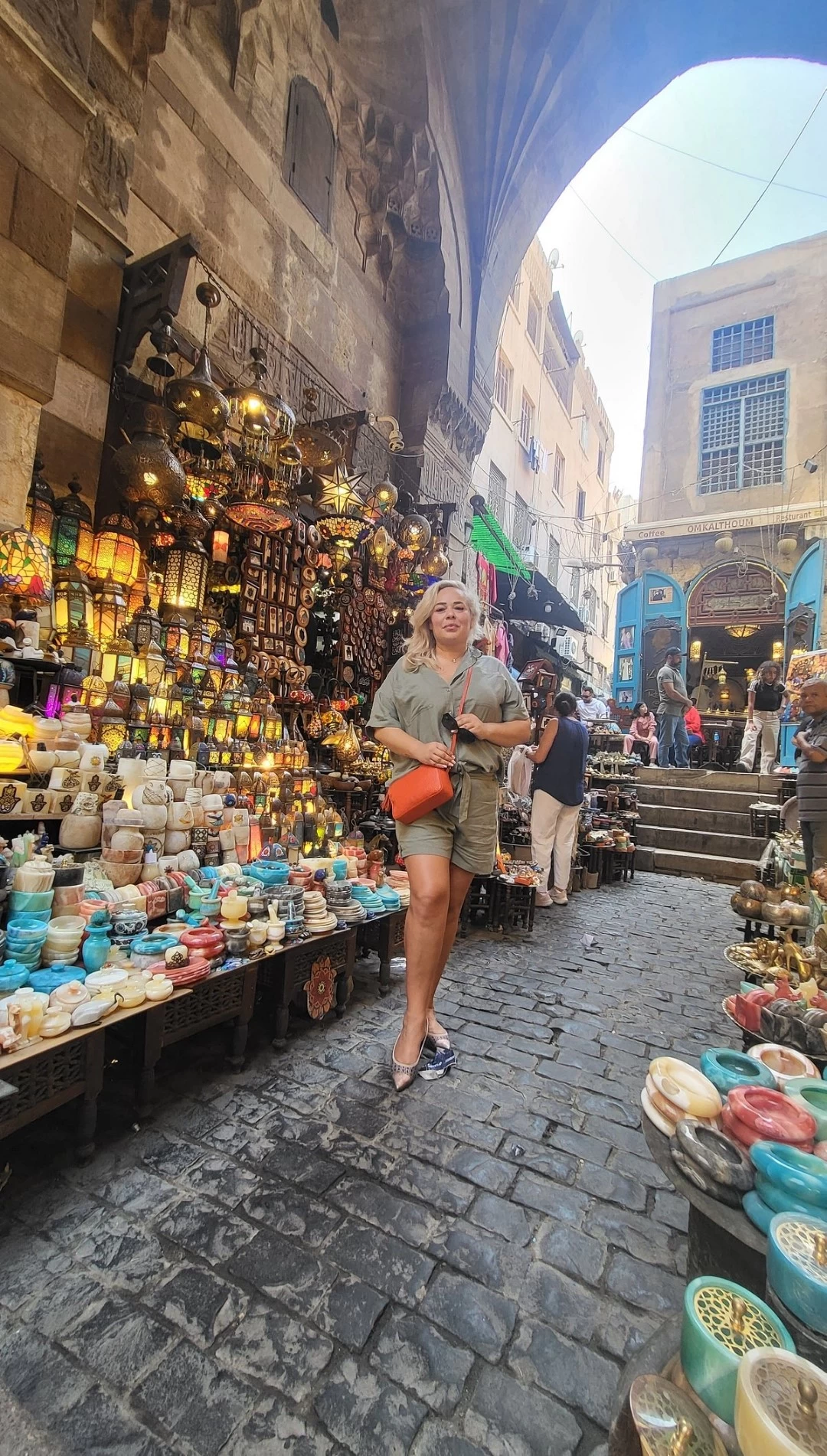


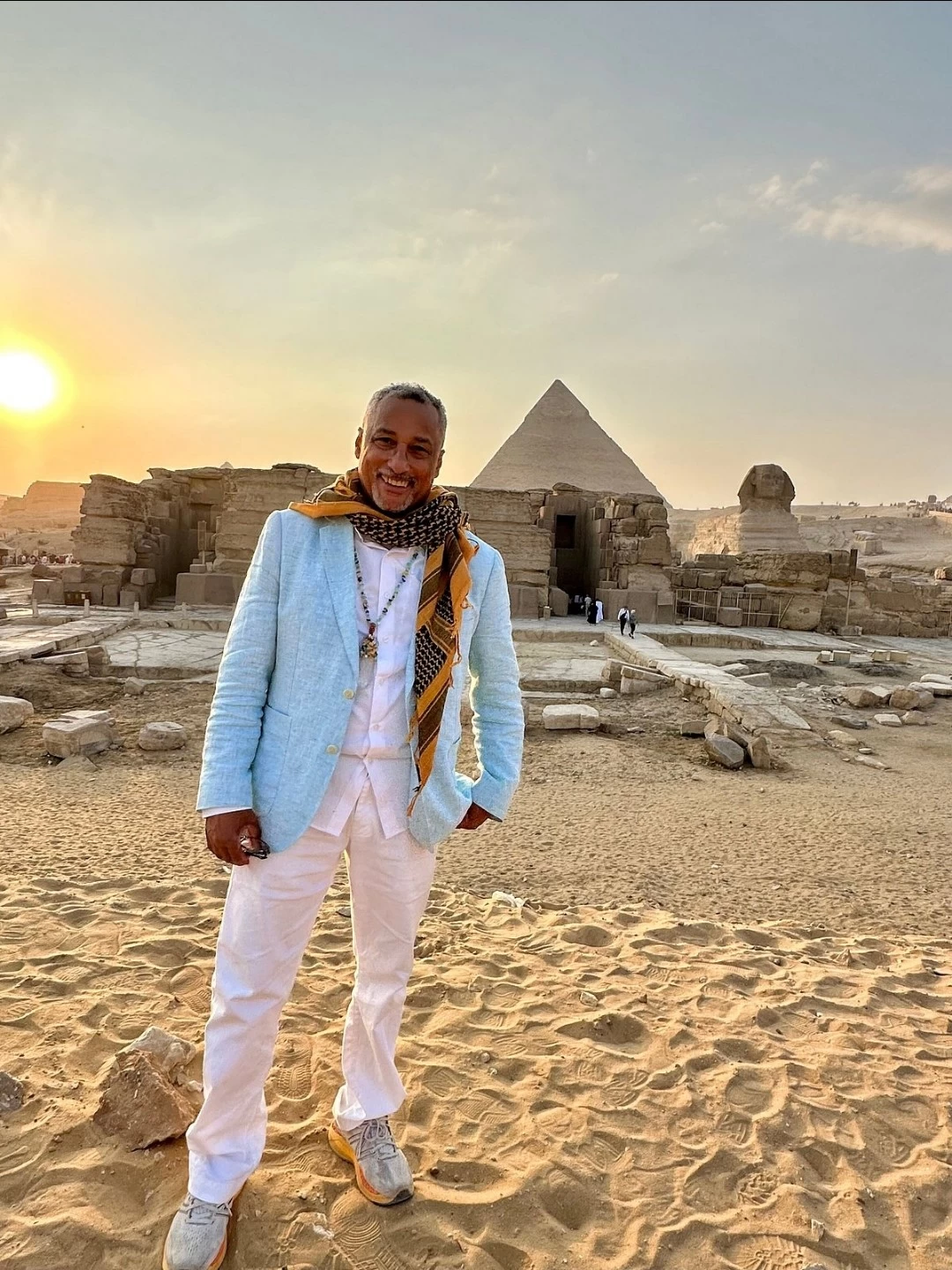
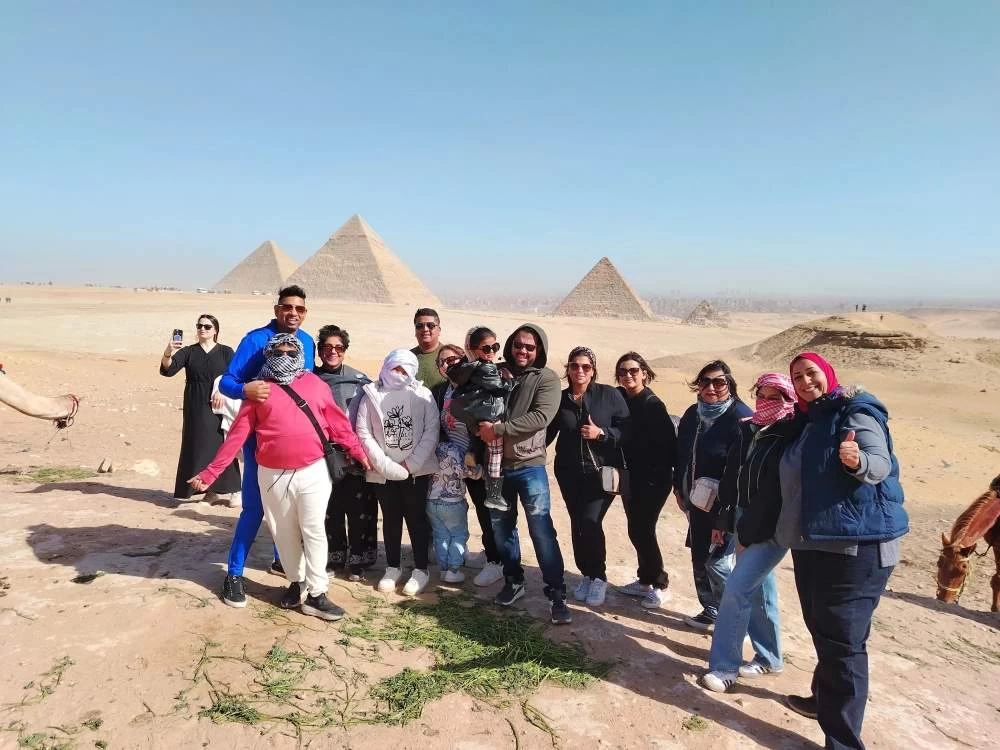

-webp.webp)
-webp.webp)
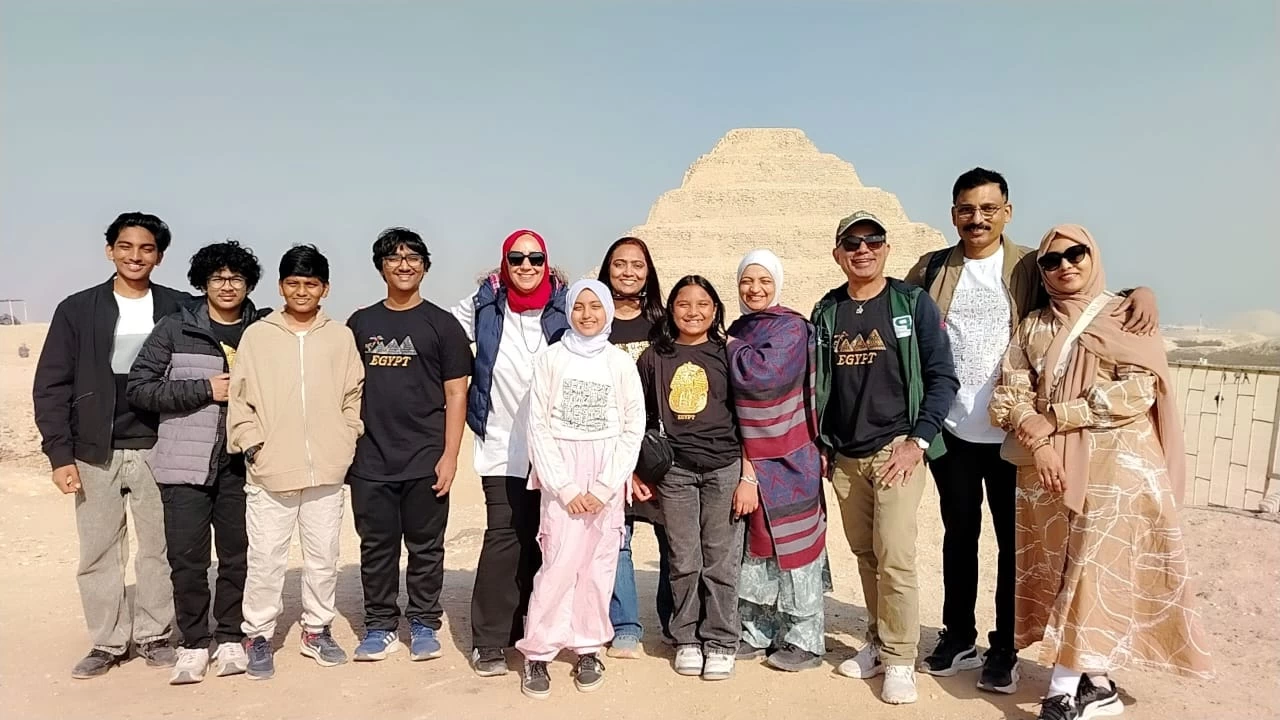
-webp.webp)
-webp.webp)
-webp.webp)
-webp.webp)
-webp.webp)
-webp.webp)
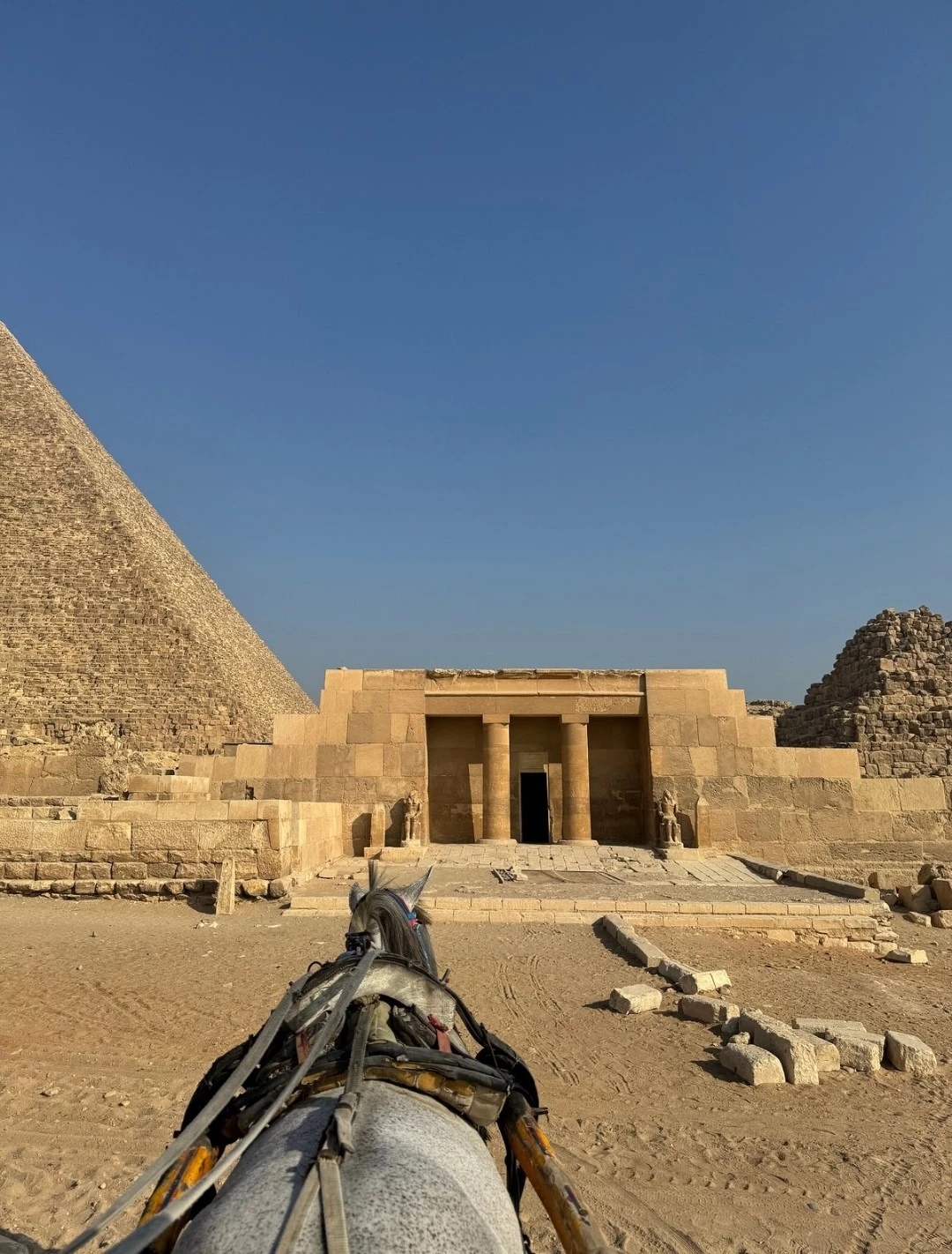
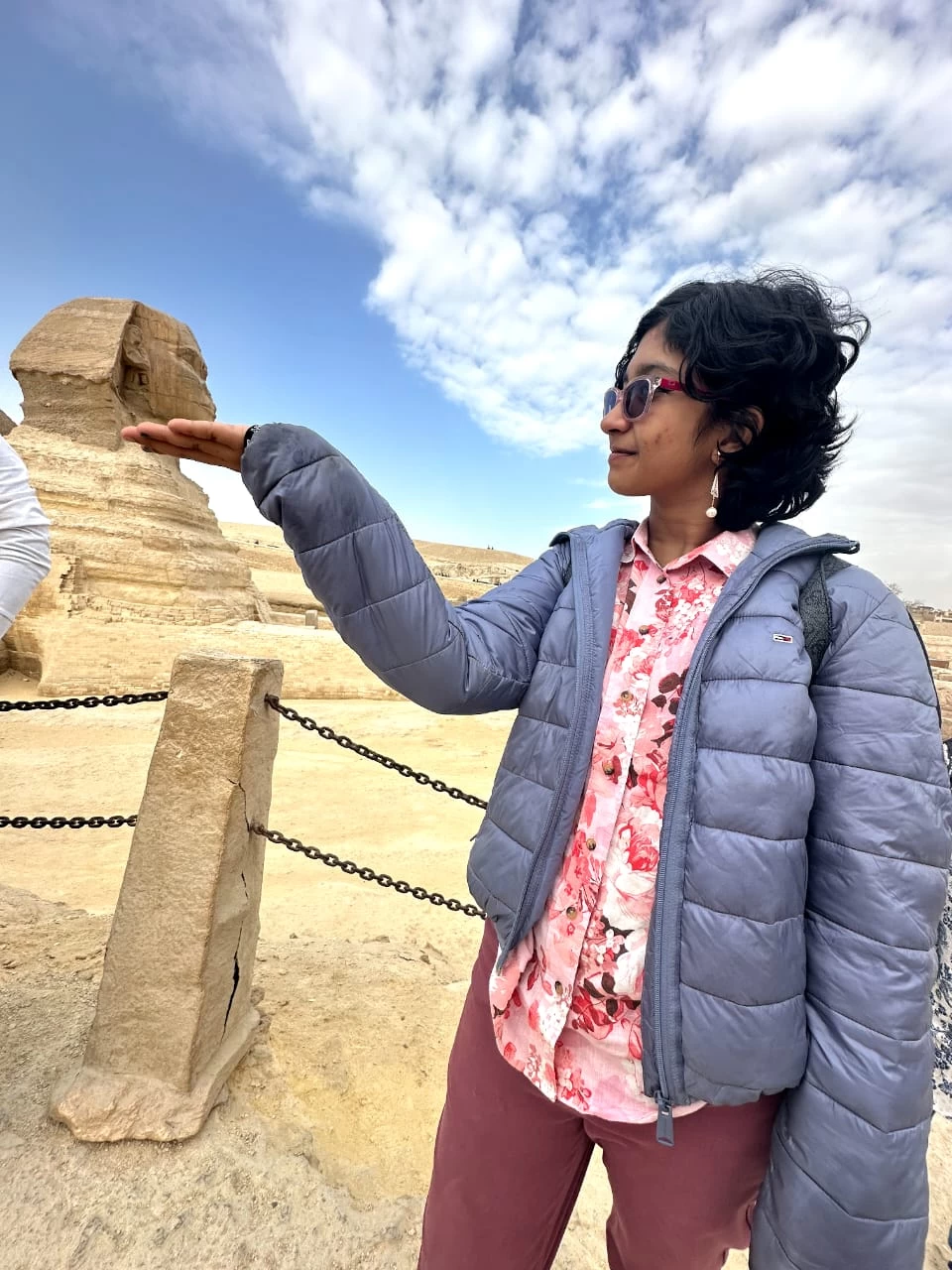
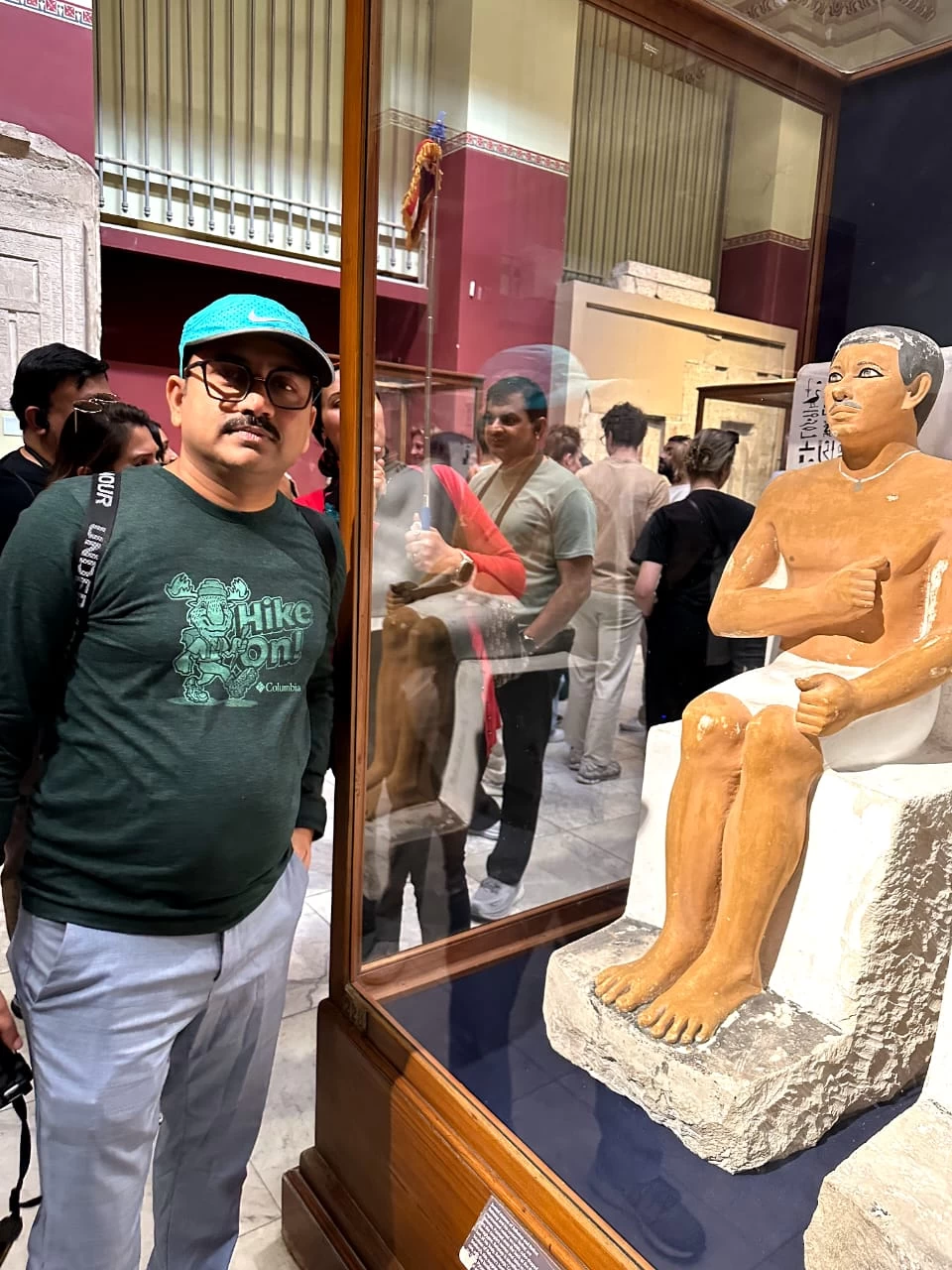
-webp.webp)
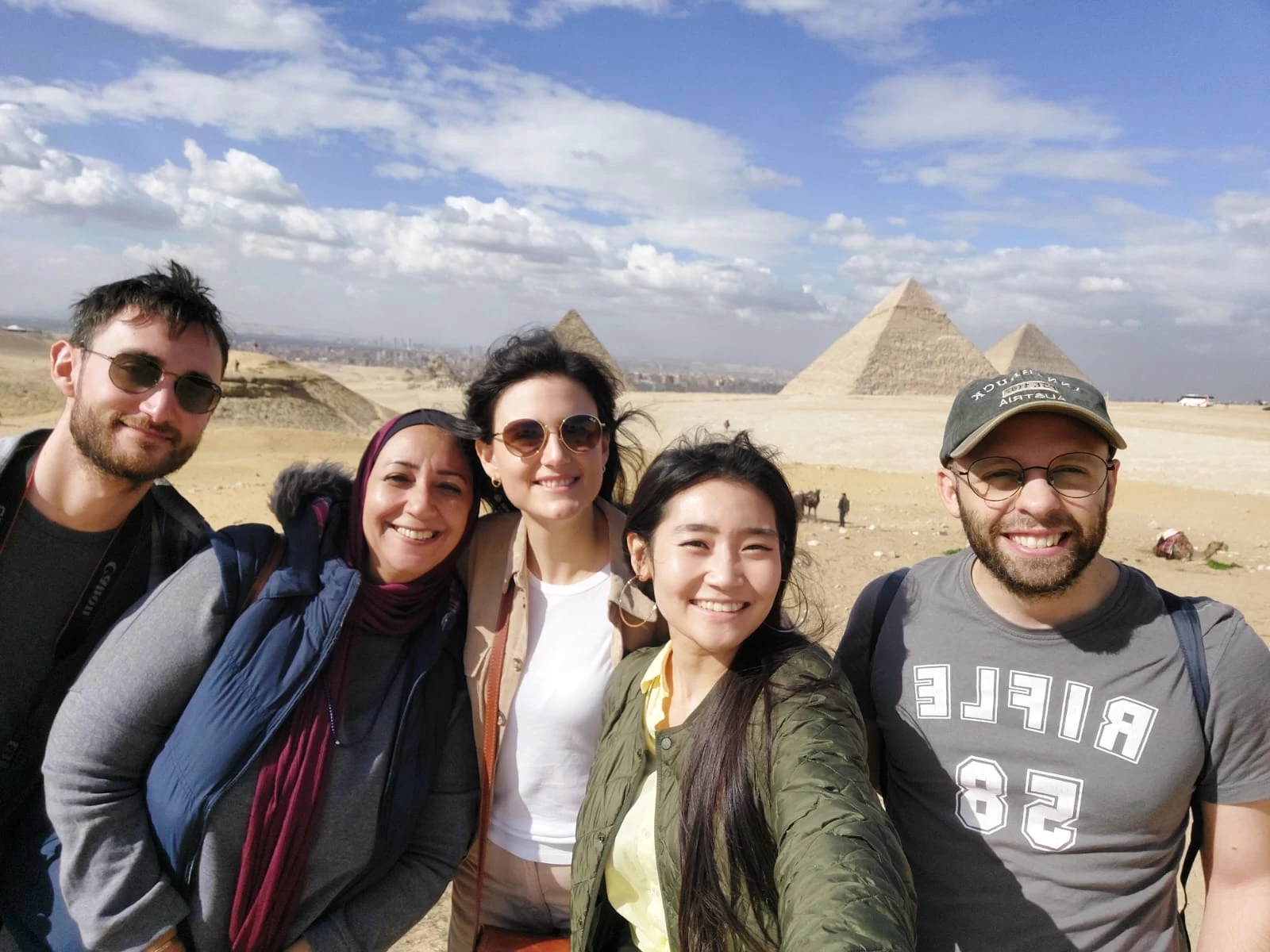
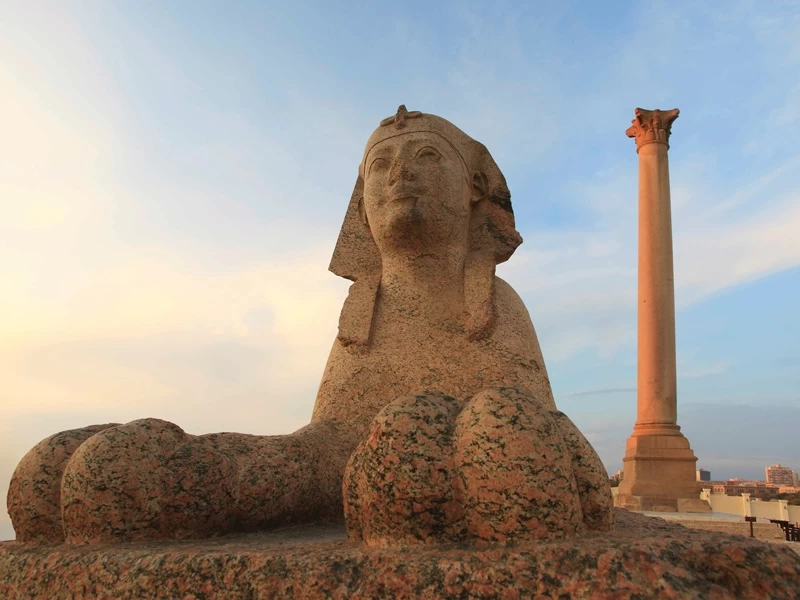
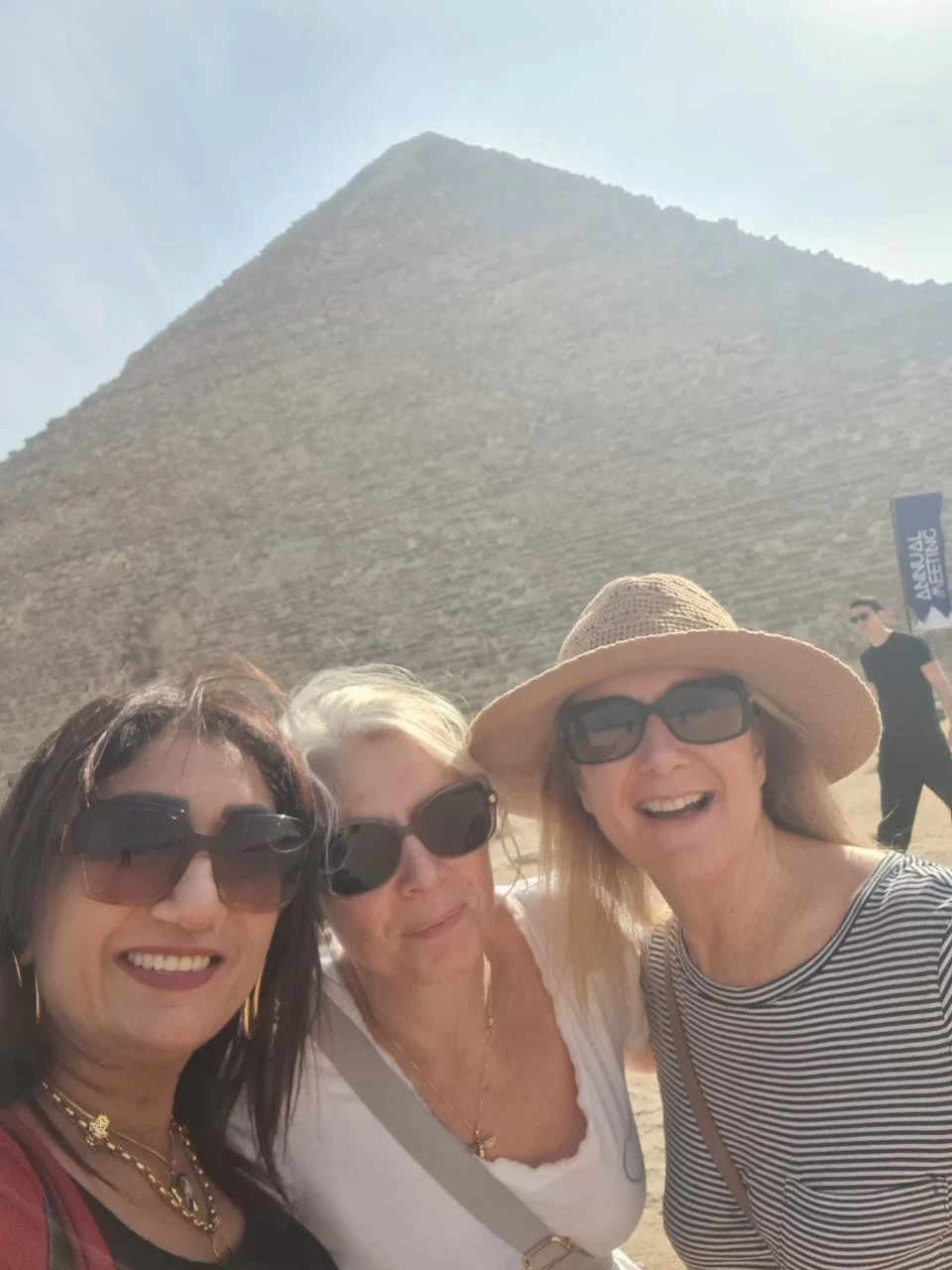


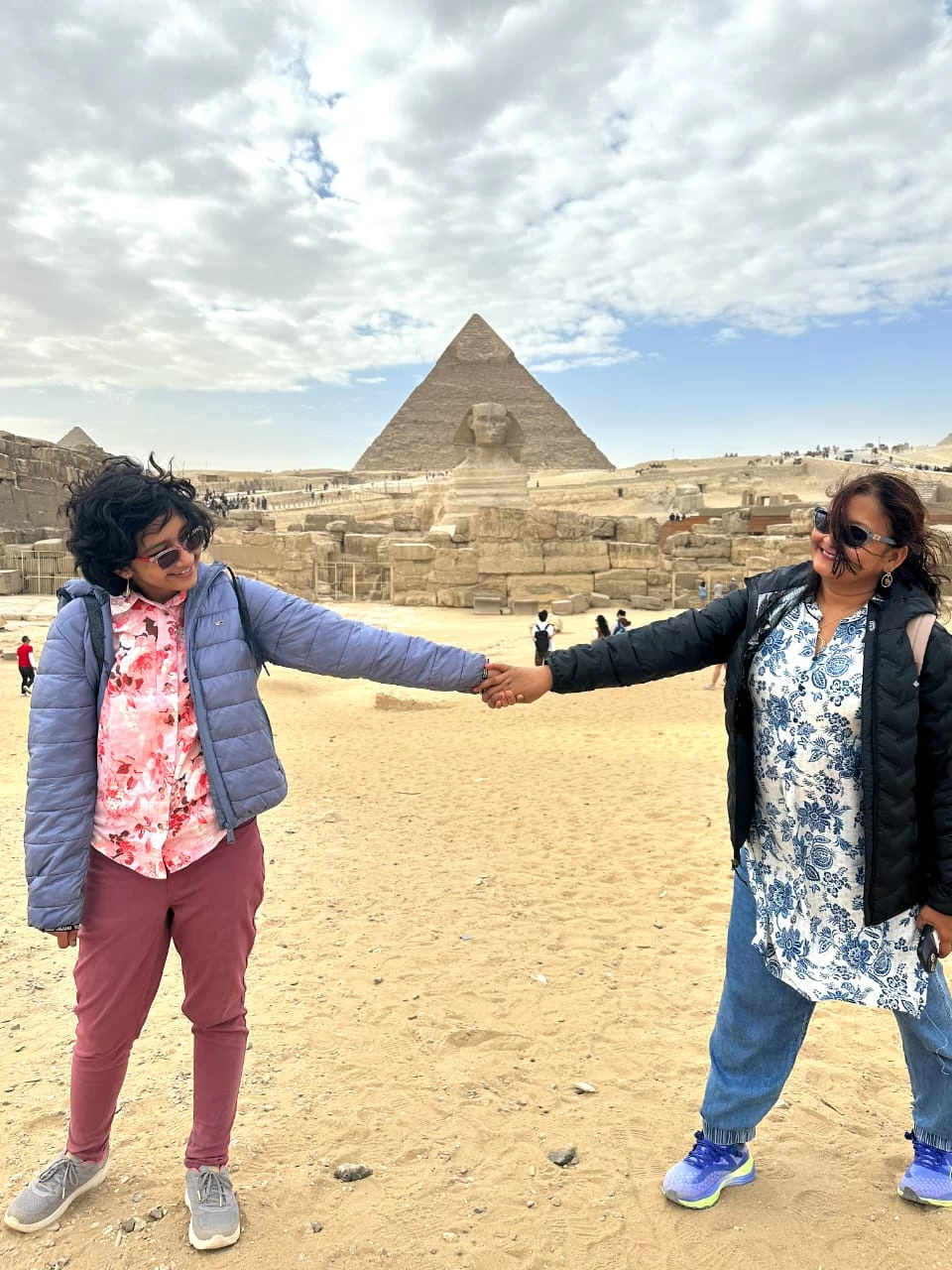
-webp.webp)
-webp.webp)







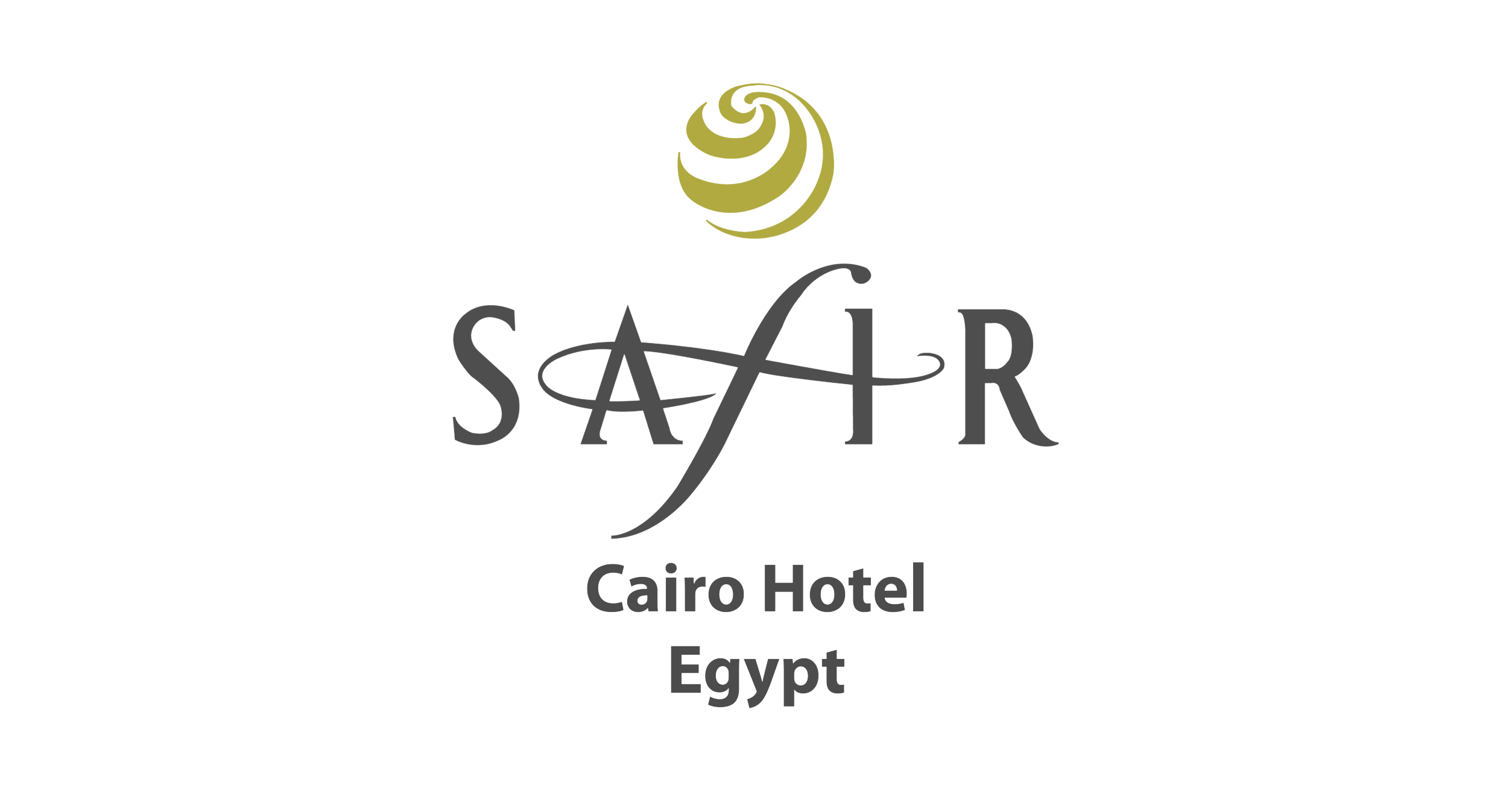


.png)

